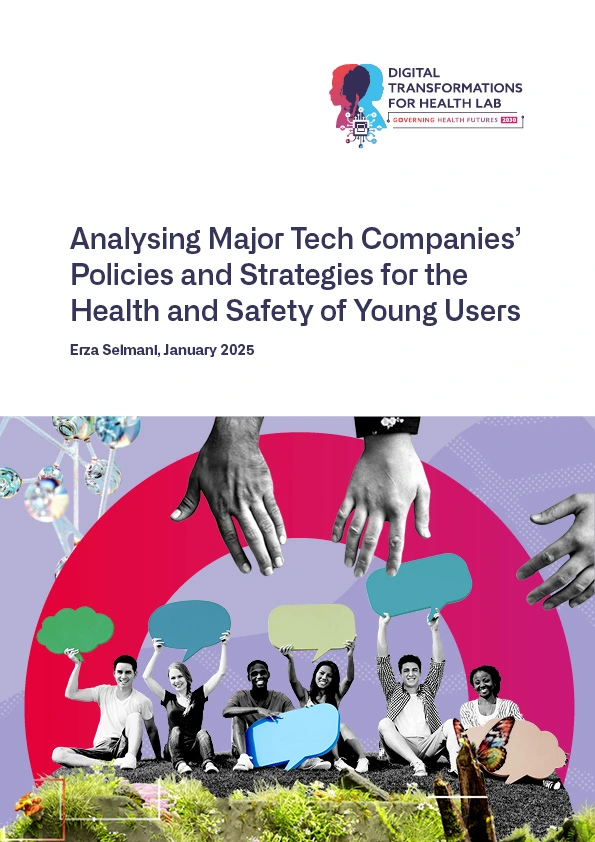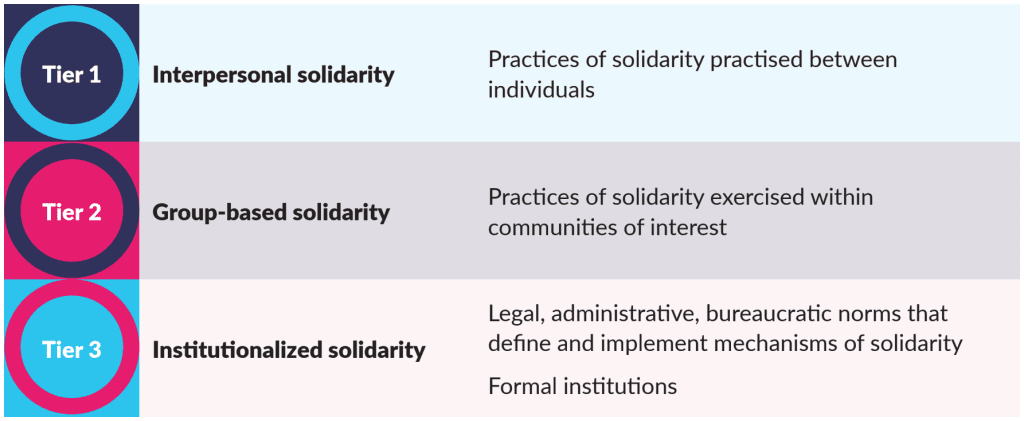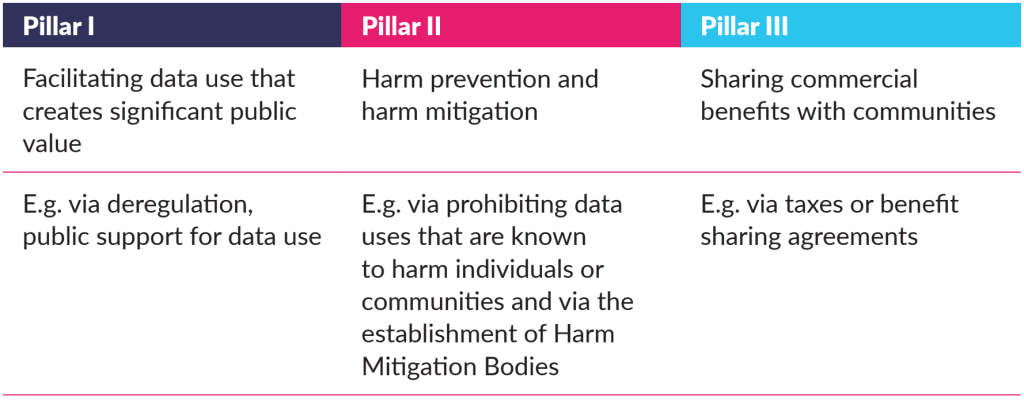5.5 Digital health citizenship
Digital health citizenship not only defines a set of rights and responsibilities that emerge through the use of digital technology (e.g. health apps and platforms) to meet health-related purposes but also the process and forms of interaction and participation that are created in the digital health space.
There is a strong need for data governance to become more democratic and help ensure equitable access to resources. Individuals and groups must be able to actively participate in and cocreate the design and implementation of digital health policy and technologies and to feed back to decision makers, development agencies and private companies and developers. This includes equity frameworks for technology development and digital spaces and building community resilience to negative impacts of digital transformations. A value-based and people-centred approach to governing digital transformations for health builds on digital health citizenship to counteract what has been termed surveillance capitalism. The digital ecosystem is dependent on the participation of its users—it only works if patients and others are willing to contribute their data. Indeed it would protect users from the extraction of their data and the constant algorithm nudges that drive online behaviour.
The digital ecosystem offers new spaces for political participation and civic debate, including on health matters. But equitable health benefits can only be realized when citizens are able to critically engage, feel protected from misinformation and discrimination and can make informed choices in respect to their data. Participatory data governance must be a defining feature of 21st century digital health citizenship. This could entail that, where data about people’s bodies or very personal aspects of their lives are concerned, people have a direct say in how the data are used. The data solidarity approach also proposes that stronger use be made of collective forms of oversight and the strengthening of institutionalized solidarity. But so far very few governments have worked to strengthen the democratic and solidarity incentives and benefits of the digital health ecosystem.
Research on the new ‘digital health citizenship’ shows the willingness of people to share information, experiences and data—but frequently they are not aware if they are doing this on a publicly owned or non-profit or on a commercial platform or what role algorithms play in prompting their choices and what happens with the data they share. Digital health citizenship requires competencies in health literacy, digital literacy and broader democratic and civic literacy. Civic technology models, which broadly refer to the co-creation (between users, tech developers, etc) and use of digital technologies to improve public participation in democratic and decision-making processes, are increasingly seen as enablers of improved public policy and service delivery, including in health.
Active digital heath citizenship is often constrained by the digital divide. Inequality is reinforcing; it is often the same people and communities who are not connected to the internet, who have low levels of literacy and who have least access to quality healthcare. Collaborative governance models that bring together different sectors—public and private—must also include such communities to address the ensuing equity challenges.
References: Kickbusch, 2023; Petrakaki et al., 2021; Prainsack & Buyx, 2017; Zuboff, 2019.








